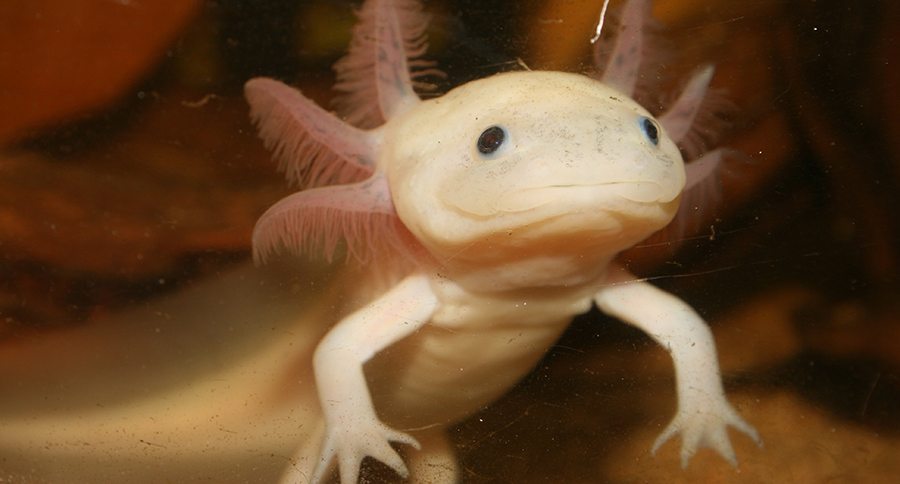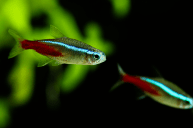Axolotls are amazing exotic pets, that are endangered in the wild.
Originating in Mexico, these water-bound amphibians are known for their feathery gills and semi-translucent bodies. These meat-eaters can live in your household aquarium, but they do have very specific water temperature and quality needs. It is also important to not put males and females together unless you are prepared to take care of the husbandry needs of their numerous offspring.
Where Do Axolotls Come From?
https://www.instagram.com/p/CBg_HIVs39j/
Aztec legend says that these adorable little guys were the god Xolotl who came to live in the water of local lakes so he would not be sacrificed. These freshwater amphibians are commonly found in the Valley of Mexico in the waters of Lake Chalco and Lake Xochimilco. Their name comes from the Aztecs and means "water dog"
The waters in these two Mexico City lakes are the only natural habitats for Axolotls. However, the species is endangered due to invasive species such as tilapia and carp. They were also considered a delicacy and eaten by the Aztecs and their descendants. However, one of the biggest factors in this salamander species demise is urban growth. Lake Chalco was drained in an effort to reduce flooding in the area and continue growth. So far conservation efforts have not made a significant impact on the growth of the adult axolotls population. Wild axolotls are currently on the endangered species CITES list and classified as critically endangered by IUCN.
Despite being endangered, axolotls are a part of the pet trade and are legal to own in many places. In fact, only a handful of states in the United States have deemed these feathery gill pets illegal. California, Maine, and New Jersey have listed them as illegal to own, not because of their status, but because they are considered to be an invasive species and harmful to the native amphibians, especially newts, salamanders, and others who share the same resources.
What Are Axolotls Exactly?
@brothaxolotls ? #fyp #foryoupage #pourtoi #axolotl #viral #lacasadepapel #tokyo #netflix #minecraft #roblox #animalsoftiktok #petlover #xyzbca
RELATED: 12 Best Pet Reptiles: Guide for Beginners and Experts Alike
Commonly mistaken as reptiles, these amphibians make great pets as they are incredibly adaptable and hardy. They live only underwater, using the external gills on the back of their heads. These gills are lined with filaments to increase surface area to help with gas exchange.
Axolotls (Ambystoma mexicanum) exhibit what is called neoteny, which is when they stay in their larval form keeping a tadpole-like tail into adulthood without going through a metamorphosis, living their entire life looking like a juvenile This is caused by a lack of thyroid hormones. Once they reach sexual maturity in an adult form they can get up to 18 inches long. They are carnivores and in the wild survive on a diet of mollusks, worms, small fish, larvae, and crustaceans. For the first few weeks of life, axolotls are transparent and all their organs and body parts can be seen. These little neotenic salamanders are commonly known as Mexican walking fish and Mexican salamanders. They should not be confused with waterdogs, the larval stage of the tiger salamander (Ambystoma tigrinum), though they are close relatives.
There are four types of pigmentation in the species:
- Leucistic axolotls: pale pink with black eyes
- Albino axolotls: golden with gold eyes
- Axanthic axolotls: grey with black eyes
- Melanoid axolotls: all black with no gold speckling or olive tone
Because of their adaptability, pet axolotls can handle water changes and impurities in their environment. However, water temperature should never drop below 61 degrees Fahrenheit since low temperatures result in a slower metabolism. When spawning, the axolotl can lay over 1,500 eggs. Their lifespan can reach 15 years.
Do you have an axolotl? Tag us #WideOpenPets or show us on our Wide Open Pets Instagram!




